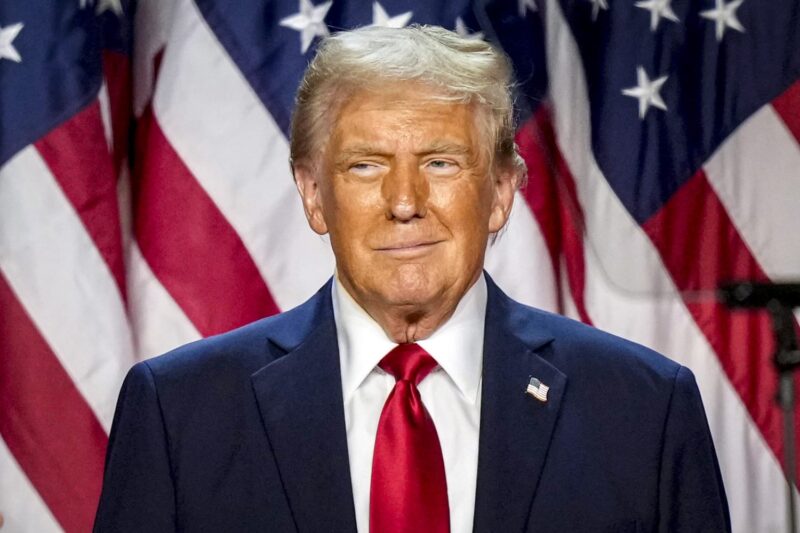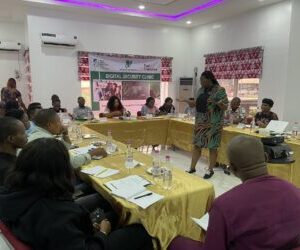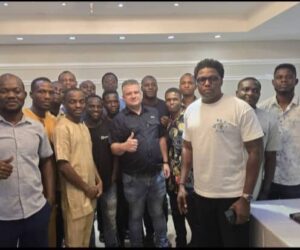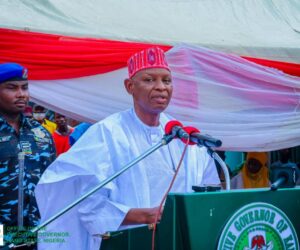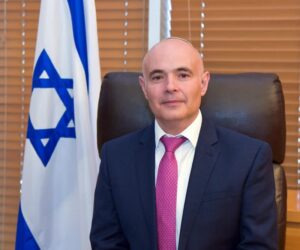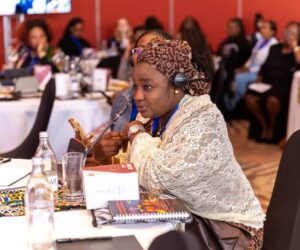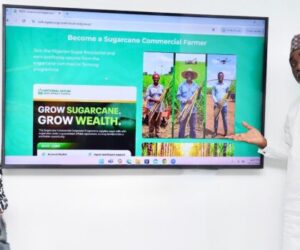The last few days have been unsettling for Nigeria and its people, following the reckless and unfair labeling of our country as one that commits genocide against its Christian population. For a nation whose population is almost evenly split between Christians and Muslims, such an allegation, especially coming from U.S. President Donald Trump is not only misleading but deeply injurious. His comments, made through a series of posts on X and Truth Social, amount to an uncharitable and uninformed indictment of a sovereign nation that has been grappling with insecurity on multiple fronts.
Insurgency and terrorism are not new to Nigeria. The country has endured the menace of Boko Haram for over a decade, beginning in the North-east around Maiduguri before spreading to parts of the North-west and North-central zones. What started as targeted attacks on churches and Christian communities soon degenerated into a broader conflict that has claimed the lives of both Muslims and Christians alike. The emergence of splinter groups such as ISWAP and Ansaru, along with criminal gangs like bandits and violent herdsmen, further complicated the security landscape. These groups, driven by ideological extremism and economic desperation, have brought untold hardship to countless Nigerian families, irrespective of religion or ethnicity.
To describe this tragedy as a “Christian genocide” is, therefore, not only inaccurate but inflammatory. Such rhetoric from a global figure like Trump has the potential to deepen existing divides and sow further distrust among Nigerians. Leadership, especially from the United States, a nation long regarded as a model of democracy and diplomacy, ought to heal rather than harm, to bridge divides rather than widen them.
It is important to note that even among Nigerian Christians, many respected voices have openly dismissed Trump’s assertions. Eminent clerics such as Bishop Matthew Kukah, Pastor Paul Adefarasin, and Pastor William Kumuyi have denied the claim and emphasised unity, urging Nigerians to look beyond religion in confronting our shared challenges. Members of the political class, too, have rallied around the government’s efforts, affirming that insecurity affects all Nigerians and must be tackled collectively. Their responses underscore our resilience, patriotism, and the enduring spirit of unity that defines us as a people.
The administration of President Bola Ahmed Tinubu has, within the past two years, demonstrated commendable commitment to addressing insecurity. Under his leadership, significant progress has been recorded in degrading terrorist networks, prosecuting offenders, and restoring peace in many troubled communities. Attackers of worship centres are facing trial, and suspects linked to violent incidents in Yelwata and Jos are being prosecuted, a signal that impunity will no longer be tolerated. The Department of State Services (DSS) and other security agencies have intensified efforts to dismantle insurgent cells, protect citizens, and make Nigeria safe for commerce and daily life.
Still, Trump’s accusation, though ill-informed, should serve as a wake-up call for Nigeria. It reminds us of the urgent need to disarm insurgents completely, strengthen intelligence sharing, and secure our national borders. More importantly, it should inspire deeper unity among Nigerians. We must continue to reject attempts by external forces to define us through the lens of division. Our collective response should be one of solidarity, peacebuilding, and renewed faith in our shared destiny.
The truth remains that those who kill in the name of religion—be it Islam or Christianity—represent neither faith. The atrocities committed by extremists do not reflect the teachings of Islam, nor do they have the endorsement of the Nigerian government or its people. Muslims, too, have been victims of Boko Haram’s brutality. Entire villages have been razed, imams killed, and mosques destroyed.
As a nation, we must seize this moment to reaffirm our unity. We must continue to speak with one voice—Christians, Muslims, and all others—against terror, falsehood, and external manipulation. Nigeria’s strength lies in its diversity, and our progress depends on our ability to stand together in defense of truth and justice.
Donald Trump’s misguided comments may have cast a shadow, but they have also illuminated our collective resolve. Out of this controversy comes an opportunity to renew our national commitment to peace, to rebuild trust among our people, and to project to the world the image of a Nigeria that is strong, united, and determined to overcome.

